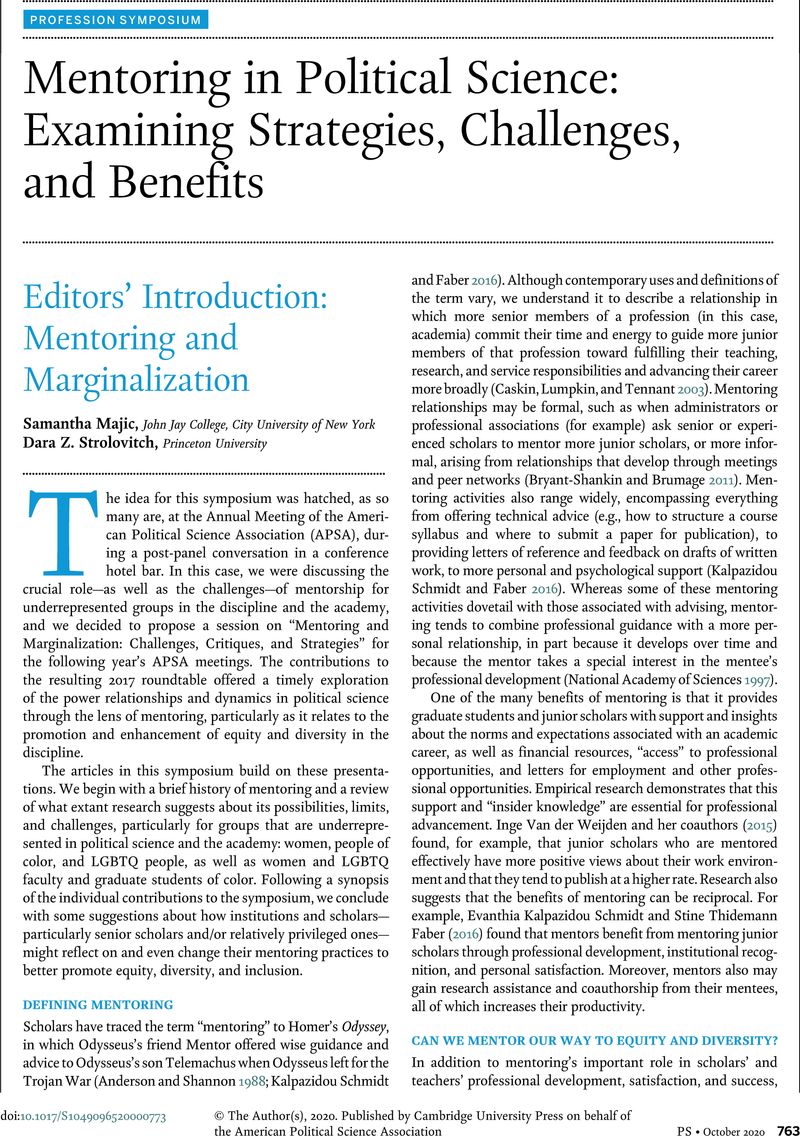Crossref Citations
This article has been cited by the following publications. This list is generated based on data provided by Crossref.
Ayoub, Phillip
Mironova, Vera
and
Whitt, Sam
2025.
The Recognition of Shared Suffering After Violence: ISIS Victimization and LGBT+ Support in Mosul Iraq.
Comparative Political Studies,



